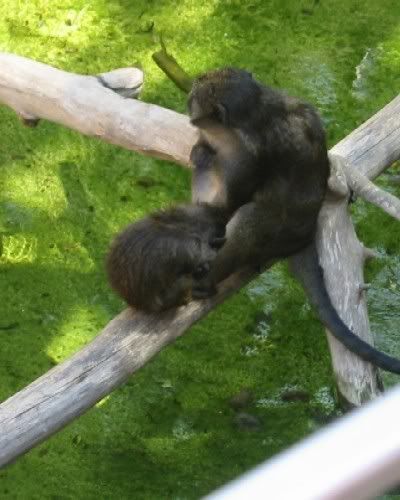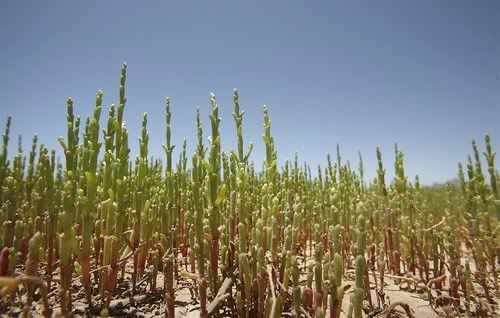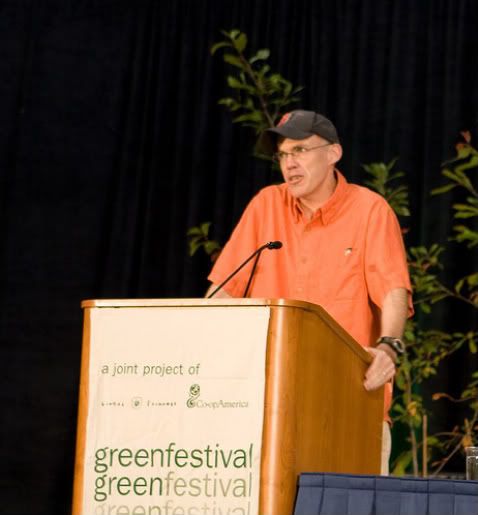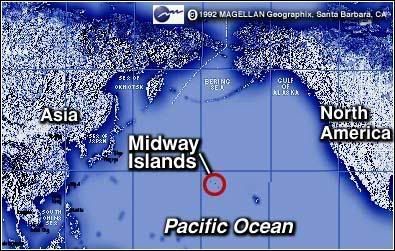After having read so many articles on the environment and global warming and as spring was approaching, I kept asking myself, “what more can I do?” That is, apart from the ordinary efforts, such as recycling all household garbage, even washing out plastic bags used for vegetables and reusing them again, going to the farmer’s market for many years, isn’t there something more I could or should be doing?
With the onset of spring, the first thing most of us think about is our lawns, you know, fertilizing, weed killer, etc. I decided I was going to have a totally organic lawn, free of chemicals. I never used much other than fertilizer or weed killer.
For starters, I had heard about and read a little about the benefits of “corn gluten meal” as a weed killer. I began reading about it on the web at various websites, learning about its properties, how it works and what it actually does. It is a perfectly natural “pre-emergent” weed killer. That is to say, that the use of it at the proper time of the year can get the roots of pre-emerging weeds, but cannot kill the already existent weeds. Most of the organic websites wanted quite a bit of money for this “corn gluten meal.”
I went to a feed store not too far away. Interesting store, which I had only visited maybe once before a very long time ago. I asked the owner, “Sir, do you have any corn gluten meal? I am going to go organic with my lawn.” “No, I don’t have any here, but I can order you some.” “O.K., how much does it cost and how long will it take, it must be applied at the time the crocuses are blooming.” He went to look it up, “It will cost you about $22.00 for 36 pounds (that is about $20.00 or more dollars cheaper than organic stores sell it for and it is exactly the same thing), and I can have it here by Monday.” “O.K., please order it for me. Now, what about fertilizer – do you have any organic fertilizer?” “Yes, we have Milorganite – it’s totally organic.” “What is it?” “It’s waste, a waste treatment product – I’ve used it on my lawn and my neighbors want to know why my lawn is so green.” “O.K., I’ll take a bag of it.” Would you believe that a 40-pound bag costs less than $10.00?
Of course, I came home and just had to look up Milorganite. If you’re interested at all, here is more on the product
But, more importantly, it’s what the chemical fertilizers are doing to our earth, our waters, our nature.

 This past week, the people of Ecuador voted to vest new constitutional
This past week, the people of Ecuador voted to vest new constitutional 



